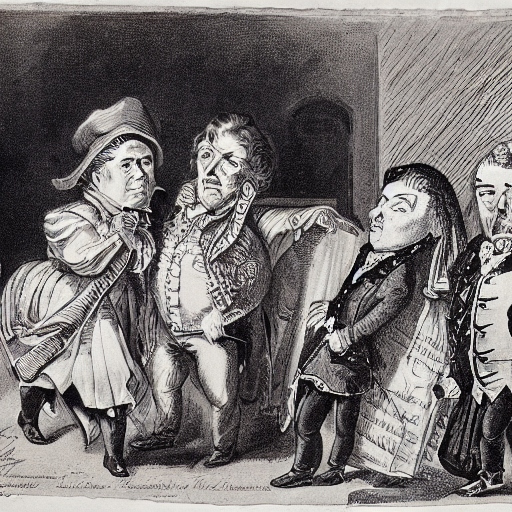Generational wealth refers to the wealth and resources that are passed down from one generation to the next, often in the form of financial assets, property, and businesses.
There is no set amount of time that generational wealth typically lasts, as it can vary widely depending on a variety of factors. Some families may be able to sustain their wealth for several generations, while others may see it diminish over time.
Here are some factors that can impact the longevity of generational wealth:
- Financial management: How well the wealth is managed can have a significant impact on its longevity. If the wealth is invested wisely and managed efficiently, it can potentially last for many generations. On the other hand, poor financial management or risky investments can lead to the rapid erosion of wealth.
- Inheritance laws: The laws governing inheritance can also affect the longevity of generational wealth. For example, some countries have high inheritance taxes that can significantly reduce the amount of wealth that is passed down to the next generation.
- Family size: The size of the family can also play a role in the longevity of generational wealth. If there are many descendants, the wealth may need to be divided among a larger group, potentially reducing the amount that each individual inherits.
- Changes in the economy: Economic downturns or shifts in the market can also affect the value of financial assets and other forms of wealth.
In general, it is difficult to predict how long generational wealth will last, as it depends on a variety of factors that can change over time. Some families are able to maintain their wealth for multiple generations, while others may see it decline or disappear entirely. It is important for families to carefully manage their wealth and make informed financial decisions in order to maximize its longevity.







